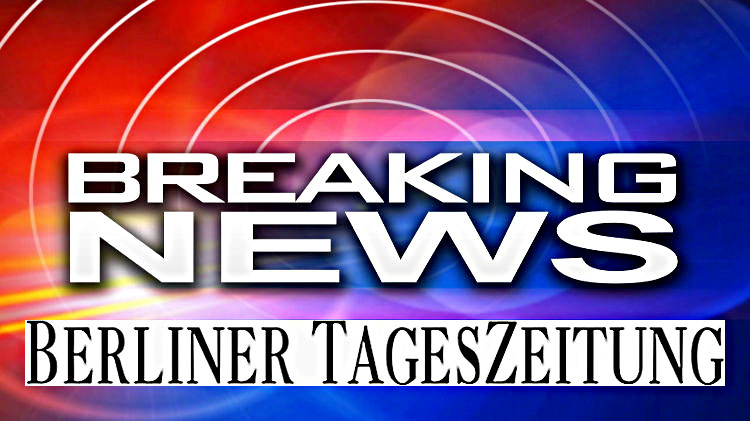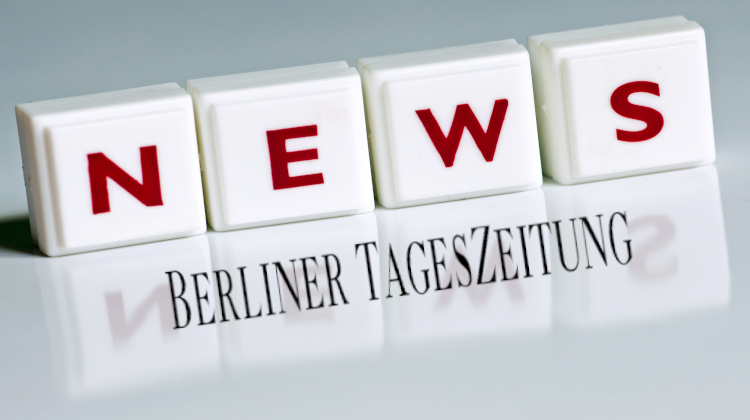
Senior US diplomats in Sudan for talks on coup crisis

Senior US diplomats met with pro-democracy activists Wednesday in Sudan as part of talks to discuss the way forward after last year's military coup, Washington's embassy in Khartoum said.
Sudan has been shaken by regular protests and a deadly crackdown since the October 25 military takeover led by army chief Abdel Fattah al-Burhan, which dissolved the government and derailed the country's transition to civilian rule.
Anti-coup demonstrations have been met by a security response that has so far left 71 people dead -- many shot by live rounds -- and hundreds wounded, according to medics.
At least seven protesters were killed on Monday alone, the medics said, in one of the bloodiest days of anti-coup rallies.
US Assistant Secretary of State Molly Phee and special envoy for the Horn of Africa, David Satterfield, held meetings with the bereaved families of people killed during the protests, the US embassy said.
They also met with members of the Sudanese Professionals Association (SPA), an umbrella of unions which were instrumental in protests which ousted president Omar al-Bashir in April 2019. The SPA has also called for anti-coup protests.
- 'Reestablish public trust' -
The diplomats are scheduled to meet with others including military leaders and political figures.
"Their message will be clear: the United States is committed to freedom, peace, and justice for the Sudanese people," the US State Department said ahead of the visit.
The diplomats held earlier talks in Saudi Arabia with the "Friends of Sudan" -- a group of Western and Arab countries favouring transition to civilian rule.
In a statement, the group backed a United Nations initiative announced last week to hold intra-Sudanese consultations to break the political impasse.
"We urge all to engage in good faith and reestablish public trust in the inevitable transition to democracy," the group said.
"Ideally this political process will be time-bound and culminate in the formation of a civilian-led government which will prepare for democratic elections."
While the US diplomats visited, Burhan announced that the vice-ministers -- some of whom served before the coup and some appointed after -- would now become ministers.
A statement from his office called this a "cabinet in charge of current affairs."
But it has no prime minister, since the civilian premier Abdalla Hamdok resigned in early January after trying to cooperate with the military.
Since Tuesday, many shops were closed and streets barricaded around Khartoum as part of a civil disobedience campaign to protest the latest killings of demonstrators.
Prosecutors, university professors, and doctors joined in the civil disobedience campaign, according to separate statements.
Sudan's authorities have repeatedly denied using live ammunition against demonstrators, and insist scores of security personnel have been wounded during protests. A police general was stabbed to death last week.
S. Sokolow--BTZ

 London
London

 Manchester
Manchester
 Glasgow
Glasgow
 Dublin
Dublin
 Belfast
Belfast
 Washington
Washington
 Denver
Denver
 Atlanta
Atlanta
 Dallas
Dallas
 Houston Texas
Houston Texas
 New Orleans
New Orleans
 El Paso
El Paso
 Phoenix
Phoenix
 Los Angeles
Los Angeles



